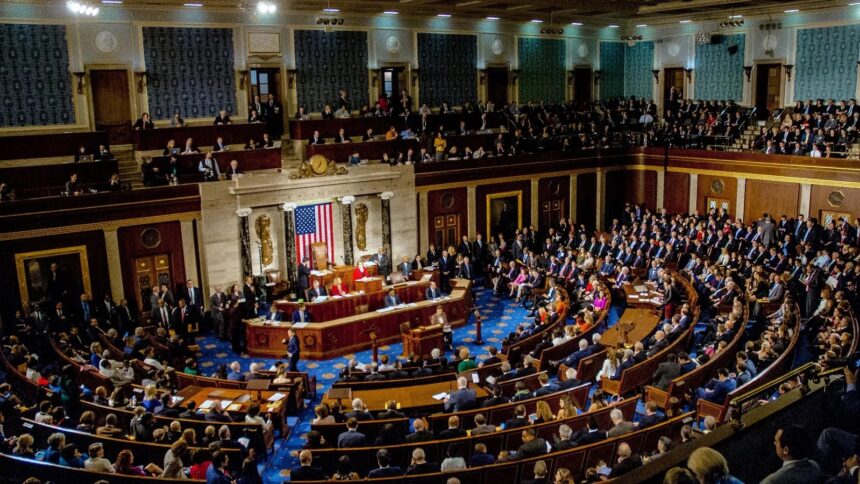Democratic Senators Collaborate with Republicans on Digital Asset Market Structure
A coalition of Democratic senators in the US Congress has expressed their intent to collaborate with Republicans on advancing legislation aimed at establishing a digital asset market structure framework.
In a statement released on Friday, twelve Democrats, including members from the Senate Banking Committee and Senate Agriculture Committee, announced their support ahead of an anticipated vote on a crypto market structure bill backed by Republican leadership.
“We hope our Republican colleagues will agree to a bipartisan authorship process, as is the norm for legislation of this scale,” the statement notes. “Given our shared interest in moving forward quickly on this issue, we hope they will agree to reasonable requests to allow for true collaboration.”
Despite Republicans holding a majority in both chambers of Congress, some Democratic support may still be required to pass the legislation.
Key Proposals and Perspectives
Among the Democrats’ proposed “seven key pillars” for a market structure bill released roughly two weeks ago were provisions aimed at combating illicit finance and “closing the gap in the spot market” for digital assets that aren’t classified as securities.
They also urged Republicans to back measures for “preventing corruption and abuse” along with addressing illicit financing.
Notably, Massachusetts Senator Elizabeth Warren, a prominent Democrat on the banking committee, did not join her colleagues in the statement. During an interview in August, she stated that while regulation of digital assets is necessary, she would not endorse any legislation “written by the crypto industry.”
In recent developments, several cryptocurrency executives, including Coinbase CEO Brian Armstrong, met with Republican lawmakers last week to discuss potential progress on crypto-related bills within Congress.
While the US House of Representatives passed its version of the market structure bill under the CLARITY Act in July, Senate Republicans have indicated they plan to build upon existing legislation to create a different proposal.
This new bill, provisionally named the Responsible Financial Innovation Act, is expected to undergo a vote in the Senate Banking Committee by the end of September, as noted by Wyoming Senator Cynthia Lummis. Republicans are anticipating that the bill will be reviewed by both the banking and agriculture committees before proceeding to a floor vote by the end of the year.




















